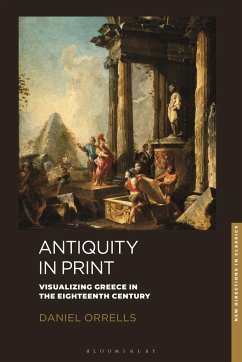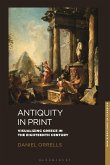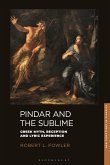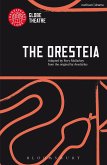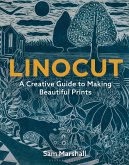Daniel Orrells examines the ways in which the ancient world was visualised for Enlightenment readers, and reveals how antiquarian scholarship emerged as the principal technology for visualising ancient Greek culture, at a time when very few people could travel to Greece which was still part of the Ottoman Empire. Offering a fresh account of the rise of antiquarianism in the 18th century, Orrells shows how this period of cultural progression was important for the invention of classical studies. In particular, the main focus of this book is on the visionary experimentalism of antiquarian book production, especially in relation to the contentious nature of ancient texts. Homer's epic poems became a favourite topic for debate: for the moderns, Homer was far from wise - he knew nothing about modern manners and science - but for the ancients, Homer's difference from modernity was what made him so valuable, where he was seen as a poet of sublime genius whose texts appeared to visualise another world. This interest in the visuality of Homeric epic, and other classical works, reflected a growing curiosity in the importance of visual and material culture more generally. If texts were seen as unreliable, then antiquarian scholars started arguing that we should be turning to the images and objects of the ancient world to understand antiquity. The result is a study which masterfully shows how this antiquarian culture of visualisation paved the way for the construction of classical studies as a discipline.
Hinweis: Dieser Artikel kann nur an eine deutsche Lieferadresse ausgeliefert werden.
Hinweis: Dieser Artikel kann nur an eine deutsche Lieferadresse ausgeliefert werden.

